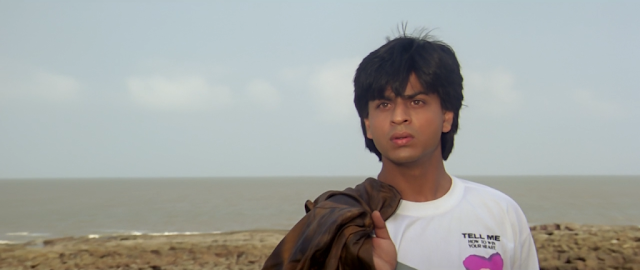Alicja (1982) was a Belgian and Polish co-production, released internationally under a number of different titles; in English it's simply called "Alice," while in Germany the movie was released as "Alicija im Horrorland," which must have led to a lot of disappointed German horror fans; while it's weird and occasionally disturbing, this is not a horror movie. The real terror here is ill-advised rebound relationships.
Alice (Sophie Barjac) leads a mundane life in an unnamed European city. She used to be a stewardess, but now she works at a TV factory along with her three friends. Turtle (Jack Wild) is bookish and completely smitten with Alice, but too shy to say anything. Gryphon (Dominic Guard) is supportive. patient and sensible. And Mona (Tracy Hyde) doesn't really have a Wonderland counterpart, but calling her Mabel would have been an excellent deep cut, since like Carroll's Mabel, Mona exists to define Alice by contrast. Mona likes to go out and party, while Alice would rather stay home. Mona is fine with dating married men, and Alice very much is not, especially since her separation from her philandering pilot husband Cheshire Cat (Paul Nicholas.)
One day Alice and her child friend (Julia Hubner) are in the park people watching, when Alice spots a masked man with a rifle take aim at a handsome older jogger. He fires, the jogger hits, and Alice faints on the spot, but when she opens her eyes the jogger is there and unharmed and very French and his name is Rabbit (Jean-Pierre Cassel). Rabbit offers to give her a ride, she declines, and he leaves, because he's late for a very important date.
And then Rabbit shows up at the factory, ostensibly on business, but sneaks away so that he can follow Alice to the cafeteria and pretend to be a waiter, allowing him to flirt a bit and the audience to learn Alice's backstory. The flirting doesn't take, so Rabbit shows up at her apartment and, during a charming song and dance number, bribes the concierge to find out more about Alice and exactly which apartment she lives in.
Turtle and Gryphon don't trusty Rabbit, and they are completely correct, because Rabbit has secrets. He owes money to the wrong people, and he begs his wealthy friend Queenie (Susannah York), not realizing that Queenie is the wrong people he owes the money to.
After permanently ending things with Cheshire Cat, Alice sings a duet about identity and change with a taxi driver who may be named Caterpillar (German Schlager and country singer Gunter Gabriel), convinces her child friend not to stab someone, then sings another song about love while walking for miles. So she's in a more receptive mood when Rabbit shows up at her apartment disguised as a plumber, and agrees to join him at one of Queenie's parties, where she meets March Hare (Marc Seaberg) and Mad Hatter (Peter Straker.)
Alice dives headlong into a relationship with Rabbit. Turtle and Gryphon once again warn her to be careful, and once again they are completely correct. Queenie has grown tired of Rabbit, and she's dispatched a pair of bumbling but oddly effective assassins (Wieslaw Golas and Andrzej Wasilicz) to deal with the problem.
Rabbit breaks up with Alice, then goes on the run, and Alice swallows a handful of sleeping pills before slipping into a disco-fueled psychedelic nightmare which highlights her insecurities, makes some direct Wonderland references, and provides an excuse to but Sophie Barjac in a flimsy nightie with bright lights behind her. And then things get weird.
Rabbit's characterization hasn't really aged well; the light stalking may have seemed romantic back in the early eighties, but from a modern perspective he's a singing and dancing collection of red flags in a nice white suit. (Ladies, if you meet his friends and he has to assure you that they don't mean any harm, he is not for you.) That said, the movie does seem to recognize that this is not a healthy relationship, and Alice traded one charming but secretive man with a tendency to abruptly vanish for another.
Still, the movie is consistently odd and entertaining. The music is fantastic, with Scottish singer Lulu singing Alice's part. Susannah York chews all of the scenery, Jean-Pierre Cassel dances brilliantly, and Sophie Barjac is by turns delightful and heartbreaking.
.png)
.png)
.png)
.png)
.png)
.png)
.png)
.png)
.png)
.png)
.png)
.png)
.png)
.png)
.png)
.png)
.png)
.png)
.png)
.png)
.png)
.png)
.png)
.png)
.png)
.png)
.png)
.png)
.png)
.png)
.png)
.png)
.png)
.png)
.png)
.png)
.png)
.png)
.png)
.png)
.png)
.png)
.png)
.png)
.png)
.png)
.png)
.png)
.png)
.png)
.png)
.png)
.png)
.png)